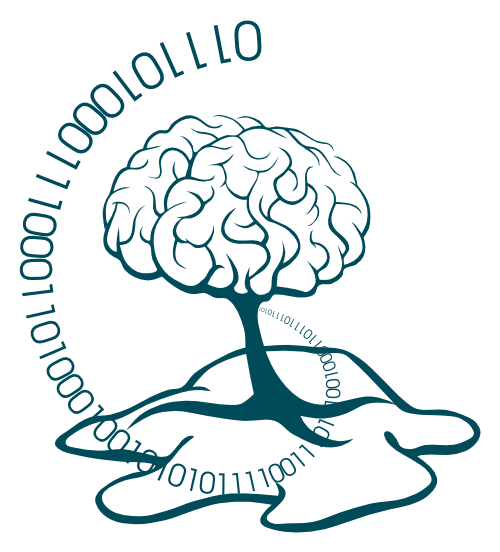
Welcome to Ischemic Stroke Lesion Segmentation (ISLES), a medical image segmentation challenge at the International Conference on Medical Image Computing and Computer Assisted Intervention (MICCAI) 2017. On the SMIR, you can register for the challenge, download the test data and submit your results. For more information, visit the official ISLES homepage under www.isles-challenge.org.
First time users will have to register, selecting ISLES2017 as research unit in the process. If you already have an account with SMIR, navigate to Group Administration and select "Join another research unit" to join ISLES2017. In both cases, you will have to wait until your registration is confirmed by an administrator
Please submit your results in NIfTI format, make sure the header information corresponds to the ADC image of the case read carefully the instructions in the Upload section
You need to log in to download the training data!
You need to log in to download the testing data!
This ISLES2017 database is made available under Open Database License whose full text can be found at http://opendatacommons.org/licenses/dbcl/.
Any rights in individual contents of the database are licensed under the Database Contents License whose text can be found at http://opendatacommons.org/licenses/dbcl/. A more human-readable summary can be found under http://opendatacommons.org/licenses/odbl/summary/
Oskar Maier et al.
ISLES 2015 - A public evaluation benchmark for ischemic stroke lesion segmentation from multispectral MRI
Medical Image Analysis, Available online 21 July 2016, ISSN 1361-8415
http://dx.doi.org/10.1016/j.media.2016.07.009.
Kistler et al.
The virtual skeleton database: an open access repository for biomedical research and collaboration. JMIR, 2013
http://doi.org//10.2196/jmir.2930
Please register/log in to upload your training and/or testing results.
For the ongoing ISLES benchmark, you can find the leaderboards below. They are ordered alphabetically by team name and can be sorted by evaluation measure.
Testing results are a summary of single-case evaluations that can be used to benchmark approaches. Per-case results are not available to users as to minimize efforts where methods are fine-tuned to the testing dataset.